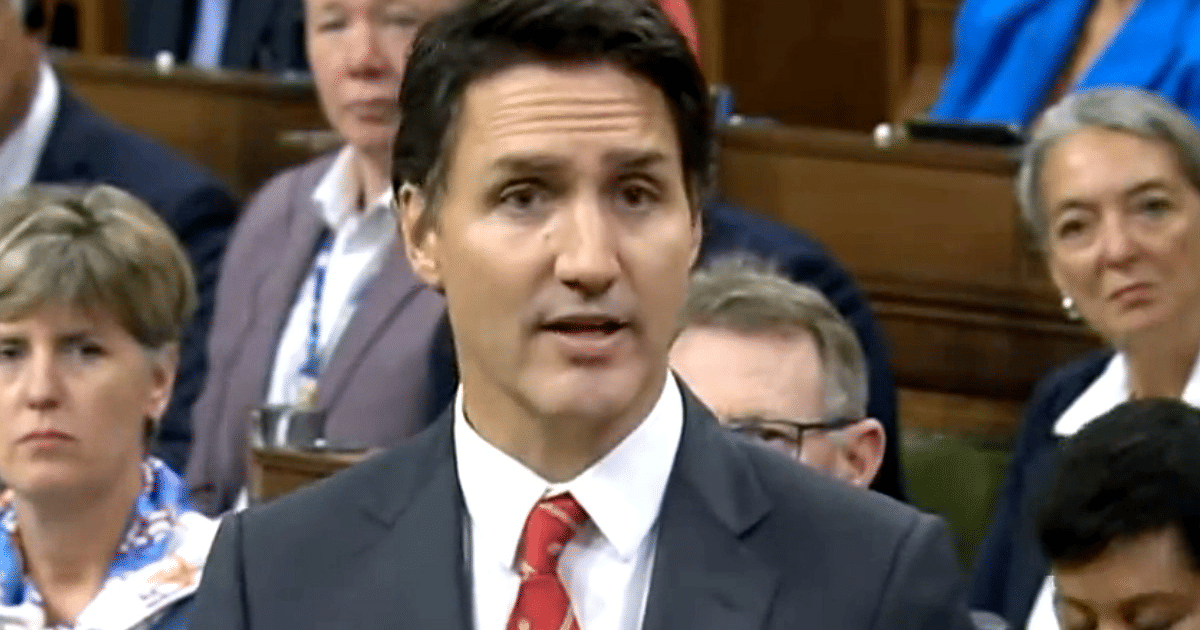 |
|
The Canadian political landscape is currently experiencing significant turbulence, fueled by reports suggesting Prime Minister Justin Trudeau is on the verge of resigning from his position. While no official statement has been released by Trudeau's office, multiple reputable news sources, including The Hindu and The Globe and Mail, have reported on the likelihood of an imminent announcement. The timing is particularly noteworthy, potentially preceding an emergency meeting of Liberal legislators scheduled for Wednesday. The uncertainty surrounding the precise timeline, however, underscores the delicate nature of the situation and the internal discussions occurring within the Liberal Party. The potential resignation has sent shockwaves through the Canadian political establishment, raising numerous questions about the future of the Liberal Party and the upcoming federal election.
The reasons behind Trudeau's potential departure are multifaceted and deeply rooted in the changing political climate in Canada. The most prominent factor is the Liberal Party's declining popularity in recent polls. Several Liberal parliamentarians have openly expressed their concern over the party's trajectory and have reportedly urged Trudeau to step aside to allow for a potential leadership refresh and a more effective campaign strategy for the upcoming election. The opposition Conservative Party appears to be gaining momentum, further intensifying the pressure on Trudeau and the Liberal Party. This decline in popularity can be attributed to several factors, including the ongoing economic challenges faced by Canadians, such as soaring inflation and a strained housing market.
Beyond the broader political context, Trudeau's leadership has faced increased scrutiny in recent months, particularly following the high-profile resignation of Finance Minister Chrystia Freeland. Freeland, once a close ally of Trudeau, resigned in December, citing disagreements over government spending priorities. Her resignation letter contained a sharp criticism of Trudeau's approach, accusing him of prioritizing “political gimmicks” over sound economic policies. This public rift exposed deep divisions within the Liberal Party and further damaged Trudeau's image as a decisive and effective leader. Furthermore, Trudeau's handling of the COVID-19 pandemic, while initially praised, has faced increasing criticism due to record-high government deficits and issues with the country's immigration system. The government's extensive pandemic-related spending, while intended to support businesses and citizens, has contributed to public dissatisfaction and fueled concerns about long-term economic stability.
The potential for Trudeau's resignation raises critical questions about the future leadership of the Liberal Party. Discussions are reportedly underway regarding an interim leader, with Finance Minister Dominic LeBlanc being mentioned as a possible candidate. However, LeBlanc's potential candidacy for the permanent leadership complicates the situation, potentially leading to further internal divisions and power struggles. The selection of an interim leader will be crucial in stabilizing the party during this period of uncertainty and ensuring a smooth transition, irrespective of whether Trudeau’s resignation is confirmed or not. The choice of interim leader must consider factors such as maintaining party unity, ensuring effective governance, and preparing for the upcoming federal election.
The timing of any announcement concerning Trudeau's potential departure is particularly sensitive, given the approaching federal election, scheduled for late October. The Liberal Party will need to swiftly navigate this crisis to secure its electoral prospects, and any delay in naming a successor could further damage the party's chances of winning re-election. The political implications are significant, potentially altering the balance of power in Canadian politics and shaping the trajectory of policy initiatives. It is also likely to trigger a period of speculation and intense maneuvering as various individuals and factions within the Liberal party contend to gain influence and shape the party's future direction. The coming weeks will be pivotal in determining the fate of Trudeau's leadership and the future of Canadian politics.
In conclusion, the situation surrounding Justin Trudeau's potential resignation is fluid and complex. The confluence of declining popularity, internal party divisions, and recent criticisms of his leadership have created an environment ripe for significant change. The lack of an official statement from Trudeau’s office underscores the ongoing internal deliberations, heightening anticipation among political observers and Canadians alike. The upcoming days and weeks will likely be filled with intense political activity as the Liberal Party seeks to navigate this critical juncture and prepare for the challenges that lie ahead. The broader implications for Canadian politics will be far-reaching, shaping the policy landscape and determining the country's political direction in the crucial months leading up to the next federal election.
Source: Canada's Justin Trudeau Likely To Resign Ahead Of Key Party Meeting This Week, Says Report
